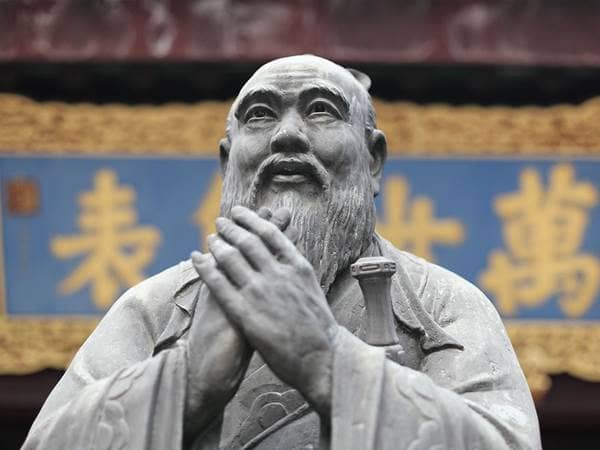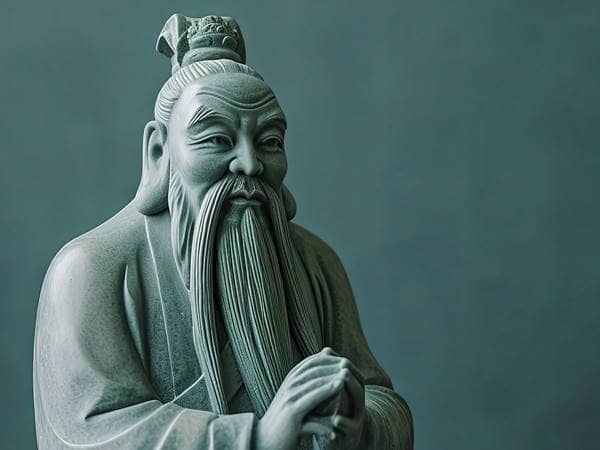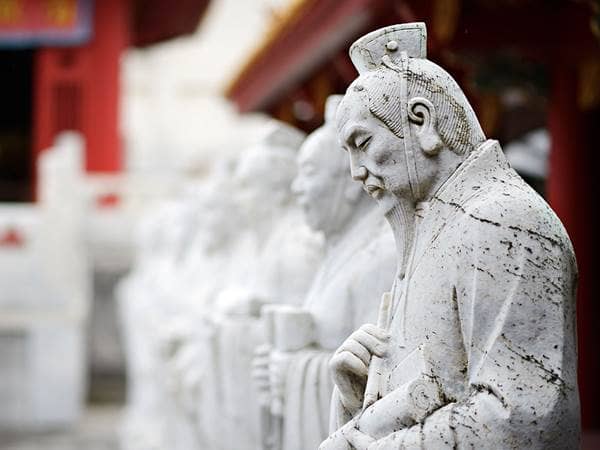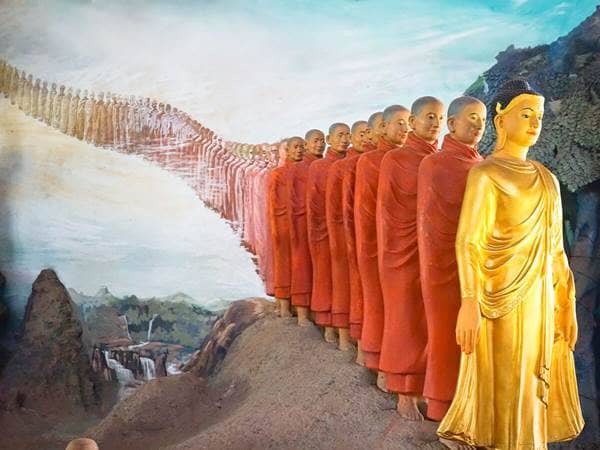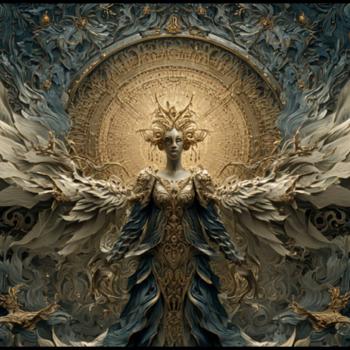
With few exceptions (such as Jainism), most of the world’s religions believe in a God; and the Baháʼí tradition is no exception to this. Baháʼís acknowledge a singular divine being and, thus, they are a monotheistic faith. While the various religions of the world have their own ideas about God’s nature—and may perceive of the divine in polytheistic or trinitarian ways—nonetheless, practitioners of the Baháʼís faith believe that there is only one God, and that all religions are worshiping the same God regardless of our differing beliefs.
The Baháʼí tradition simply says that the different ways various religions conceive of God reflect the needs of the people who are served by the religion in question—and no singular description of God is better than another, though more recent revelations on God’s nature may evidence a more developed and accurate description of the divine.
In the Baháʼí tradition, there are many names for God, just as there are multiple names for Jesus in the Christian tradition. Baháʼís often refer to the divine by titles, such as the “All-Loving,” “All-Powerful,” “All-Wise,” “Almighty,” “Gracious” one, “Helper,” “Incomparable” one, or “Omniscient” one. However, of the many names for God in the Baháʼí tradition, “All-Glorious” (or Bahá in Arabic) is the most important or “greatest name” of the Creator. Thus, you often see this title used in various theophoric names (in the Baháʼí tradition).
For example, Mirza Husayan-Ali (who was the founder of Baháʼí) took the name-title “Baháʼu'lláh” (which contains the root Bahá, and which means “The Glory of God”)—implying that Baháʼu'lláh is a “manifestation of God,” His “glory” or mediated presence in the world.
Regarding God’s nature, the Baháʼí faith describes the divine with the traditional attributes of omniscience, omnipotence, and omnipresence. However, those of the Baháʼí religion also hold that God is ultimately unknowable. The third leader of the Baháʼí tradition (Shoghi Effendi) spoke of God as a “personal” being, but definitely not anthropomorphic. Thus, those of the Baháʼí faith do not believe that God has a body or any attributes or emotions akin to those of humans.
God is genderless (though they traditionally use male pronouns to refer to the divine). He cannot be known or accessed, except through His “manifestations” (i.e., the prophetic figures He has sent to reveal His teachings at various stages of the world’s history) and through His attributes (which each of us should seek to develop). All-Glorious is the source of all revelation, but gives that revelation through His various “messengers of God,” and through the religions they are sent to start. (The Baháʼí faith teaches that the various religions of the world are simply “chapters” in the development of a single faith tradition—which is revealed by the divine progressively, in successive stages. So, all religions are true for the time in which they were revealed, and each is perceived as having a bit more truth than previous ones.)
While emphatically believing in the existence of God, those who practice the Baháʼí faith hold that no one truly understands or comprehends the nature of the divinity. The best that any of us can have is a human construct, an imagined concept of the All-Glorious; but that construct, that concept, will always be inaccurate and nothing more than a manifestation of personal ideas rather than actual truth.
What matters most is that one accepts and follows the various “manifestations of God,” as they will lead us as close as humanly possible to a correct understanding of God, and to a relationship with God (through the comprehension and development of God’s attributes).
5/10/2024 4:11:53 PM


